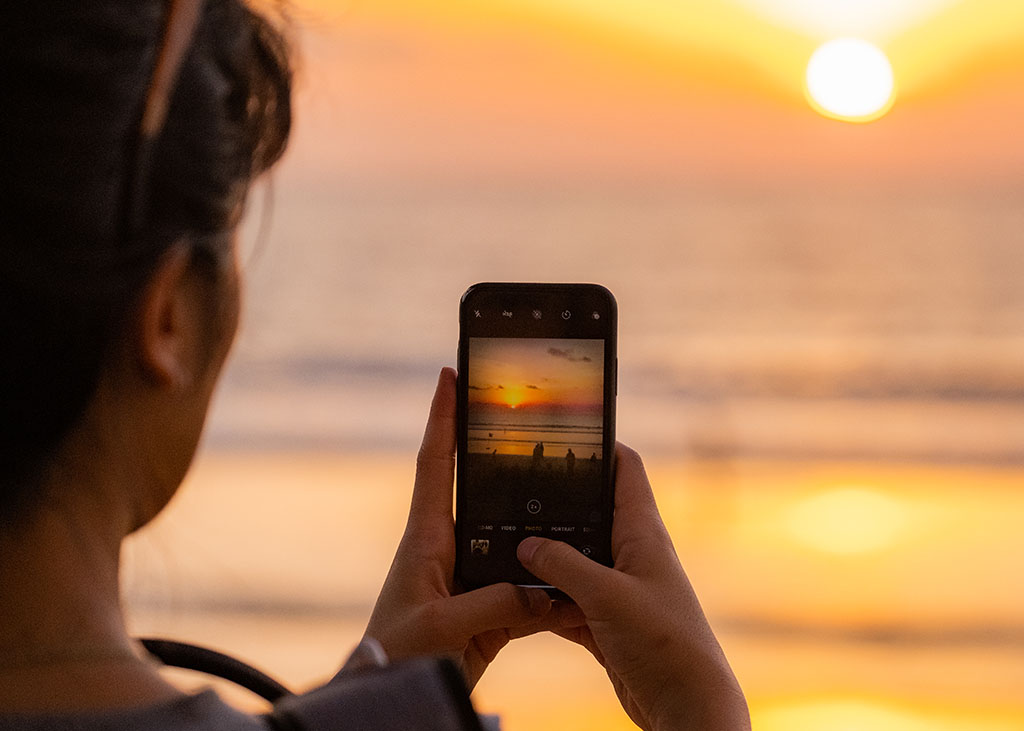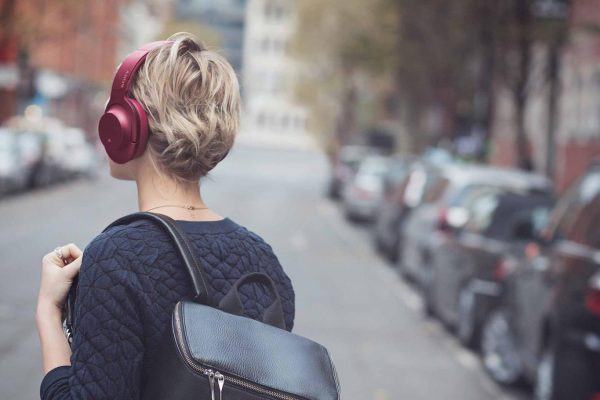Australians and New Zealanders are great travelers. We take on the world and we have a great time doing it. We also tend to bring a good vibe and leave a good vibe wherever we go… at least that’s what we think.
But are we actually the good travellers we think we are?
It’s worth asking ourselves that question and looking into whether the impacts we have on the places and people we visit are helpful or not.
When we visit new and untouched places, what do we leave behind? Is it a great interaction and a stronger local economy, or inflated prices and a destroyed environment?

Maybe it’s all of the above. The question is, how do we get the most out of our adventures while protecting the places we love visiting?
With a boom in global tourism and untouched places being opened up by social media, it’s time to look at what we do well and where we can improve. Then show the world how to travel better as they start to come to our untouched places in ever greater numbers.
To find out how we can be more mindful travelers and have deeper, more authentic adventures I went overseas with Kathmandu to hear firsthand from the locals what’s happening in our travel hotspots and how we can do better.
Helpful or harmful?
Here’s some of the best advice we collected from experts, locals, and guides in making the documentary series so you can be a more helpful traveler the next time you head abroad.
- Tick the box to carbon offset your flight. The cost is usually small but has a big impact. Qantas’ carbon offsetting program, Qantas Future Planet, invests in projects to protect Tasmanian wilderness and power renewable energy projects around the world
- Ask the locals where they like to go or challenge yourself take only public transport
- Pack a reusable water bottle. Iodine or Aquatabs are a simple and cost-effective method for water purification so you can cut down on single-use plastic waste
- Visit one place you haven’t read about online
- Learn some local words before you land such as hello, thank you, goodbye, toilet, numbers 1-10 and water
- Research basic customs and cultural practices of the country you’re visiting
- Donate to a registered charity in-country, instead of street handouts. That way you’ll ensure your money is making the biggest impact on those who need it most
- Choose local, ethical operators for tours, accommodation, activities, and souvenirs to positively impact the local economy
- Research alternatives to the ‘beaten track’ or leave your options open for spontaneity when you arrive
- Consider travel during off-peak periods for the ‘bucket-list’ destinations so the ‘strain’ and impact on places is lessened


